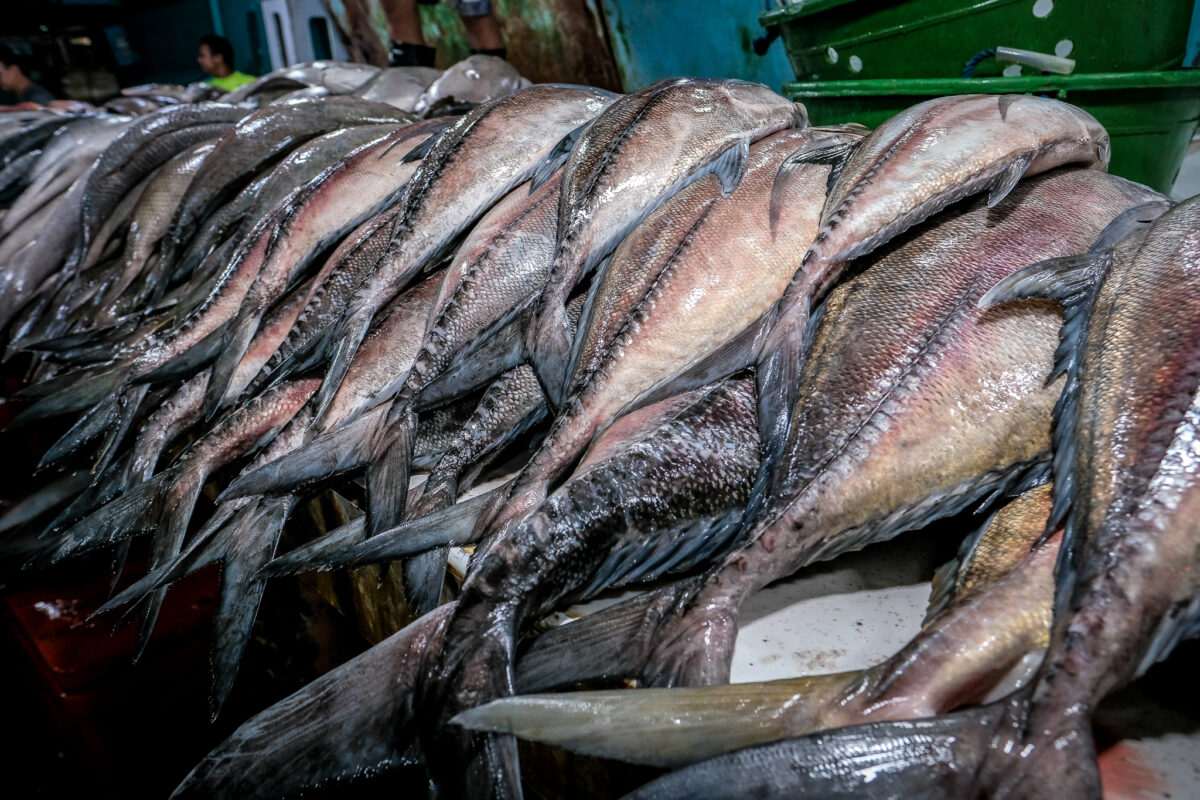The recent amendment of the revised Distant Water Fisheries Development Act by Korea’s Ministry of Oceans and Fisheries demonstrates the country’s strong commitment to sustainable fisheries and transparent seafood supply chains.
Korea’s Ministry of Oceans and Fisheries adopted on 25 October the revised Distant Water Fisheries Development Act that includes improvement of the country’s Catch Documentation Scheme (CDS) – one of the tools designed to curb illegal, unregulated and unreported (IUU) fishing. With this act, Korea fully met the recommended Key Data Elements (KDEs) – the types of data required to trace seafood products successfully through the supply chain – from the previous 35 percent to the recommended 100 percent, representing the most significant progress made by any country in implementing these recommendations. Moreover, this initiative demonstrates the country’s strong commitment to sustainable fisheries and transparent seafood supply chains.
The Coalition for Fisheries Transparency, a global network of nearly 50 civil society organizations that advocate for government adoption of stronger fisheries policies, praised this achievement by Korea that now positions it as the first country in the world to make such significant progress towards accelerating fisheries transparency.
“I commend the Korea’s Ministry of Oceans and Fisheries for taking this bold step to protect its fisheries resources and our shared ocean amid growing concerns about illegal fishing and seafood safety, and I emphasize our strong international support for these measures,” commented Maisie Pigeon, Director of the Coalition for Fisheries Transparency.
The coalition simultaneously called for the Ministry to intensify its leadership in fisheries transparency by expanding the CDS’ coverage and endorsing the Global Charter for Fisheries Transparency – a set of 10 transparency policy principles designed to improve fisheries governance, combat illegal fishing, and prevent human rights and labor abuses at sea.
As the host of the upcoming 10th Our Ocean Conference (28-30 April 2025), Korea has a unique opportunity to demonstrate to the world that it can direct the fight against IUU fishing, by endorsing the Global Charter. By adopting the Charter principles into law and practice, Korea could influence and accelerate the adoption of fisheries transparency measures by other key seafood-importing markets like the US, Japan, the UK, and the EU. These actions position Korea as a champion for developing and standardizing the systems to implement the Global Charter for Fisheries Transparency.
As a major global seafood importer, Korea has a due responsibility to consumers to ensure that its supply chains are safe, legal, sustainable and ethical. With its excellence in digital technology, Korea is perfectly positioned to develop a digital platform that includes comprehensive information to enhance consumer’s trust, ensure seafood safety and ethical sourcing of the product. Without seafood traceability – the ability to fully trace the product from the point of sale back to its point of origin – consumers run the risk of unknowingly contributing to the destruction of marine environment and human rights and labor abuses, while perpetrators continue to plunder our oceans. On the flip side, strong traceability prevents seafood fraud, where cheaper seafood is sold as more expensive products, misleading consumers in order to increase profits.
By enacting the principles of the Global Charter, Korea can demonstrate its continued and long-term commitment to sustainable fisheries and its willingness to collaborate with the global community in addressing pressing challenges in marine resource management.




